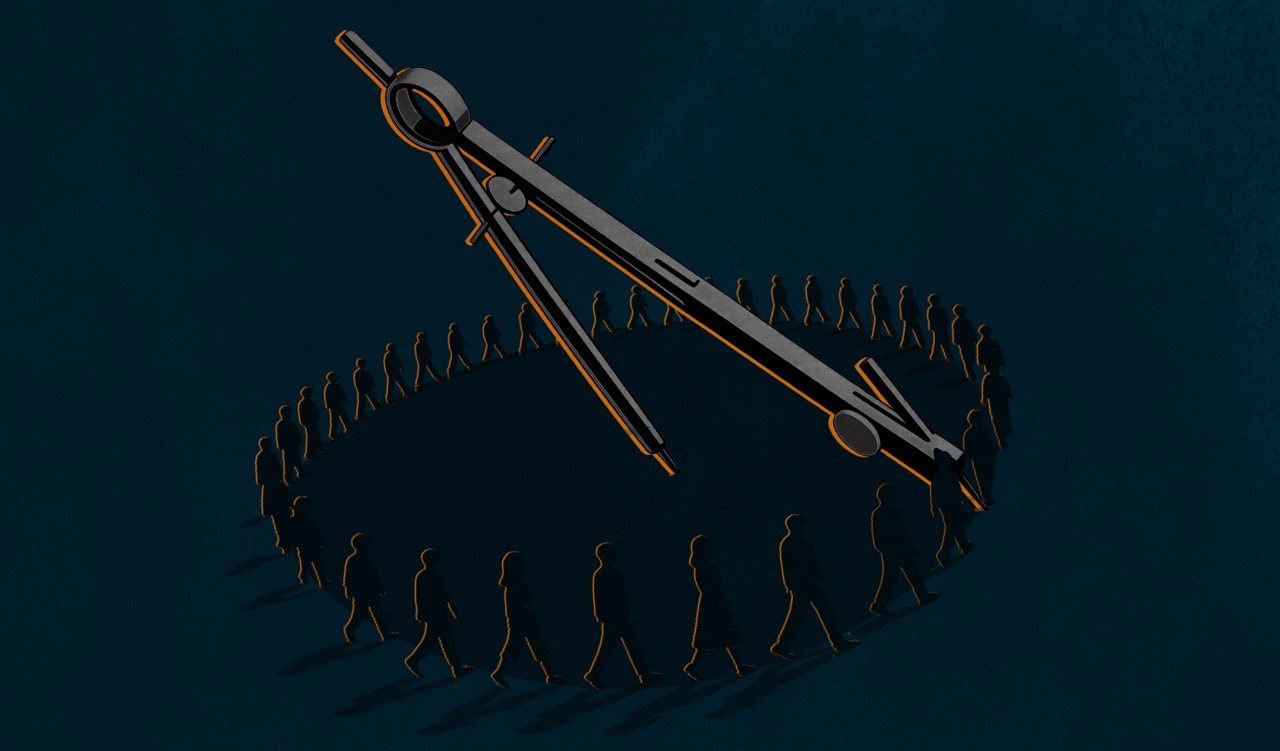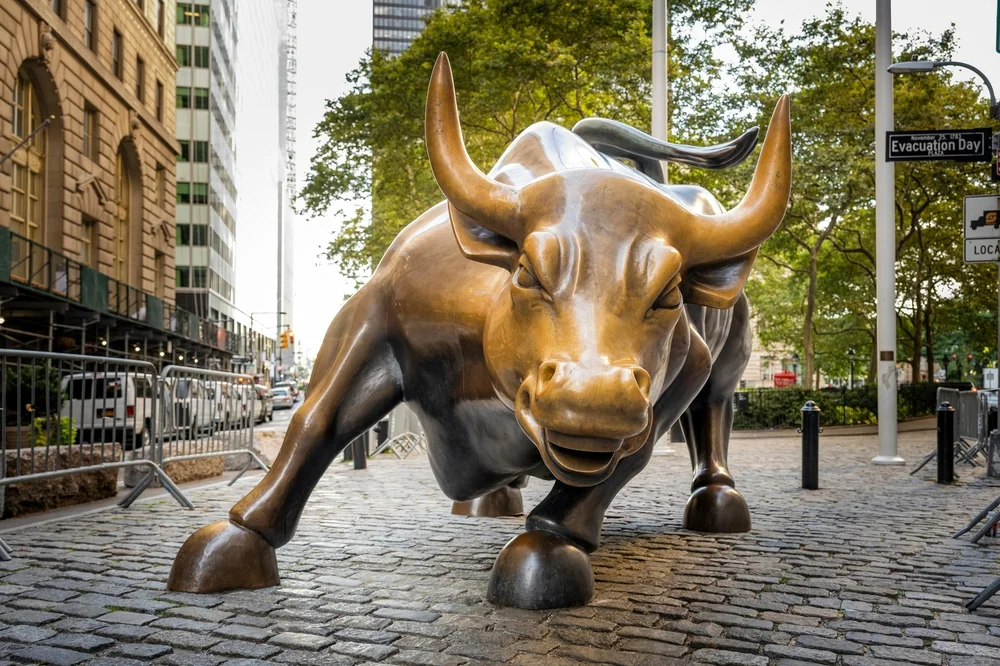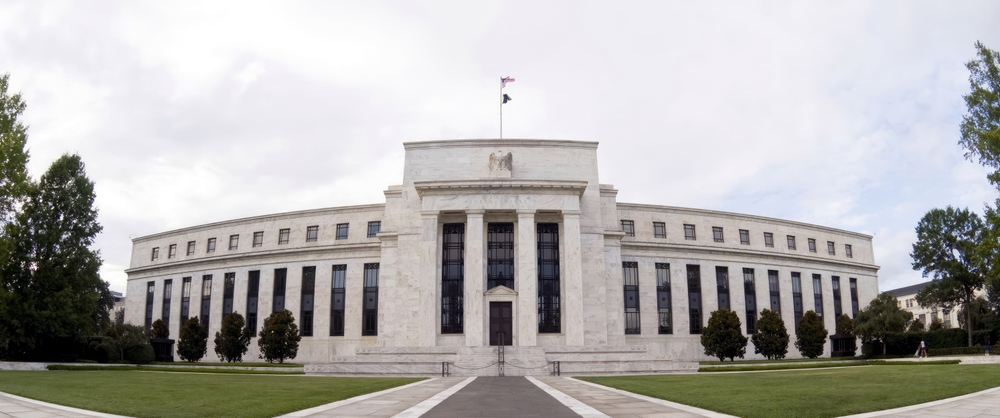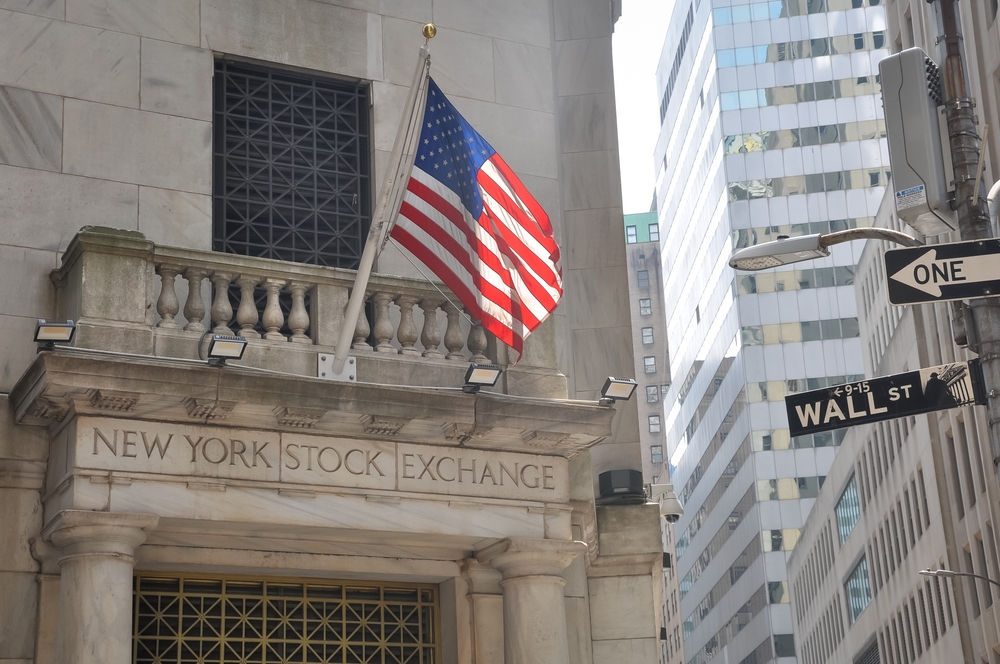
The Protectionist Threat of Trump’s H-1B $100k Tax
The U.S. should strengthen its own STEM training to meet foreign competition.
President Donald Trump’s meddlesome actions in imposing tariffs on imported goods now have their eerie parallel in his proclamation of September 19, 2025, on immigration. That document announces that, at least for the coming year, all new high-tech applicants under the H-1B nonimmigrant visa program are subject to a one-time $100,000 fee to work in American firms for their entire stay. After much initial chaos, the Department of Homeland Security has clarified that “[t]he proclamation does not apply to aliens who: are the beneficiaries of petitions that were filed prior to the effective date of the proclamation, are the beneficiaries of currently approved petitions, or are in possession of validly issued H-1B non-immigrant visas.”
Yet, even so limited, the program is deeply flawed. The gist of the Trump claim is that the current program has been “deliberately exploited” to allow the substitution of cheap foreign labor for more expensive domestic workers in ways that threaten the nation’s economic and national security. He thus notes that foreign workers might fill entry-level positions at $60,000 that American workers would take only for $100,000. Hence, the $100,000 one-time fee, which Secretary of Commerce Howard Lutnick noted would, curiously, cut the number of H-1B visas issued below the current annual cap of 85,000 workers, even though all these slots are filled instantly today. His mysterious non-explanation is that “it’s just not economic anymore.”
“If you’re going to train people, you’re going to train Americans.” Lutnick said on a conference call with reporters. “If you have a very sophisticated engineer and you want to bring them in … then you can pay $100,000 a year for your H-1B visa.”
It is hard to imagine a weaker defense of protectionism than this one. The argument here is parallel to that for tariffs. It is said that we can always produce domestically instantly what today is done with foreign goods and services. There is no recognition that retooling any program requires not months, but years, leaving the major tech firms uncertain about how to meet today’s immediate challenges. Nor does he explain why it is all right for an American worker in a high-paying state to lose his or her job to a competitor in lower wage states, but not to a foreigner. Indeed, this is one of the great benefits of having a nationwide market in goods and services that today receives constitutional protection under the dormant commerce clause against meddlesome state legislation. As I have long argued, even the current protectionist features found in the H-1B visa program should be loosened or removed.
Trump’s blinkered response is to look only at the alleged losses to American workers who have been hurt by that competition, without even asking whether other workers in collateral industries will gain if the tech firms in the United States are not hampered by these new restrictions on labor markets, whether local consumers will benefit from lower local prices, or whether lower costs means more effective operations in export markets. To be sure, Lutnick is right, after a fashion, that, in some cases, it might prove worthwhile to spend $100K to bring in that sophisticated engineer under the new regime. But taxes are blunt instruments, and it is far from evident that American start-ups, for example, could afford those novice engineers, some of whom several years down the road might well demonstrate those same stellar qualities that allow them to advance old firms or start new ones. The simple point here is that this tax will reduce the overall flow of foreign talent into the United States, which will only aggravate Trump’s wrong-headed decision to impose on Columbia University a duty to “examine its business model and take steps to decrease financial dependence on international student enrollment,” who now constitute about 40 percent of its graduate students.
Sadly, it appears that neither Trump nor Lutnick recognizes that efficient competitive markets only work if each firm is allowed to assemble the goods and services it needs to compete as employers, buyers, and sellers in both domestic and foreign markets. Trump assumes incorrectly that the many firms that rely more heavily on workers with H-1B visas are not competent to determine the right mix of domestic and foreign workers in an industry, like all outsiders, of which he has no working knowledge. It is, of course, the role of government to protect businesses against sharp practices and the manipulation of markets by forcible and fraudulent means, but he says nothing to explain why the firms that have hired workers under these visa programs are peculiarly weak for having done so.
He points to evidence that “[a]mong computer and math occupations, the foreign share of the workforce grew from 17.7 percent in 2000 to 26.1 percent in 2019.” However, he never explains why those gradual increases constitute an “abuse” of the program. The better explanation is that these lower wages, if such they be, allow the firm to increase its overall sales, which in turn improves its place in the export markets and increases the likelihood that it will purchase more complementary goods and services from other American firms whose own prospects will be reduced as a collateral consequence of having fewer opportunities to sell to prosperous American firms. And it does not ask the troublesome question of whether the general decline in STEM excellence among recent American graduates explains the greater reliance on foreign workers. It is an open secret that the ranks of domestic graduate students in STEM departments have thinned over the last 25 years, which offers a plausible explanation for a trend that certainly has not resulted in a decline in the quality of American firms that have stepped up their reliance on foreign workers. “As of 2019, the number of foreign graduate STEM students in computer sciences was about 72%, and overall, “[i]n 2019 and 2020, 49% of all STEM master’s degrees and 57% of all STEM doctorate degrees were conferred to international students,” largely Indian and Chinese.
No one claims that it is easy to integrate foreign capable students into programs, but imposing hard caps is not the way to achieve that end. What Trump should do, of course, is to push for a renewed excellence in STEM educational programs domestically, without blocking entry for those foreign students who now strengthen research programs at American universities. Indeed, if allowed to continue, it will result in the shift of work from American sites to expanded operations in foreign countries, which could then emerge as more formidable competitors to the United States. We have seen how the European Union has stagnated behind its own tariff wall. We should not do the same.
Trump is also wrong in claiming that the H-1B visa program is necessary to protect our national security on the infinitely elastic view that foreign competition hurts the US “by discouraging Americans from pursuing careers in science and technology, risking American leadership in these fields.” But just as he stretched the meaning of an emergency in tariff cases, his overbroad national security claim likewise goes far beyond the critical efforts to protect the country against the serious and persistent threats that start with military attacks and thereafter work out cautiously to cover other threats that include cyber-attacks on key civilian installations, destabilizing political elections, neutralizing energy supplies, and the like. However, in all these cases, there are direct threats for which advance preparation and prompt responses are necessary. However, perceived shortages in domestic computer workers are far less significant than the insufficient number of air traffic controllers. By Trump’s definition, a shortage in postal workers or crossing guards could call for some urgent response on immigration. The primary concern here is that his elastic definition is likely to divert resources from essential areas of national security, in this instance by weakening the strength of all facets of the American computer industry.
Nor does Trump present any empirical evidence needed to back such an extravagant claim. He points to an eight-year-old study that, without foreign competition, wages for US scientists would be between 2.6 and 5.1 percent higher. Yet he ignores the evident limitations of this outdated study. The gratuitous tax will not make us any more friends overseas than his ill-fated tariff increases on our key allies. And, as with protective tariffs, his heavy-handed response could inspire other nations to retaliate against American workers seeking to do business overseas. It makes no more sense to take an autarkic view of national defense than it does of any other activity, where the key to success is strong international cooperation that fosters trust, helps form alliances, and enhances our military cooperation with other countries. Trump’s lame response to all this is that there is always a need to root out fraud, conspiracy, and money-laundering in firms that rely on H-1B visas, without noting that these same risks apply with equal force to domestic companies who may be faced with additional challenges if they are not free to hire foreign workers to do a key portion of their work.
Ideas this bad deserve to die. There is currently a great deal of quiet discontent in the business world regarding this retrograde proposal, but it remains uncertain how the major players will respond to this frontal assault. They are keenly aware that these fees could hinder innovation and drive talent away from the US. But are they willing to take on a president who has been perceived, from time to time, as vindictive? Big players may likely follow a risky strategy of seeking quiet side deals to mitigate these adverse effects. But national prosperity and national security alike urgently call for the dismantling of a protectionist enterprise, which will cause only greater harm if allowed to metastasize elsewhere.
Richard A. Epstein is a senior research fellow at the Civitas Institute. He is also the inaugural Laurence A. Tisch Professor of Law at NYU School of Law, where he serves as a Director of the Classical Liberal Institute, which he helped found in 2013. Epstein is also the James Parker Hall Distinguished Service Professor of Law Emeritus and a senior lecturer at the University of Chicago.
Economic Dynamism
.jpg)
Do Dynamic Societies Leave Workers Behind Culturally?
Technological change is undoubtedly raising profound metaphysical questions, and thinking clearly about them may be more consequential than ever.

The War on Disruption
The only way we can challenge stagnation is by attacking the underlying narratives. What today’s societies need is a celebration of messiness.

Unlocking Public Value: A Proposal for AI Opportunity Zones
Governments often regulate AI’s risks without measuring its rewards—AI Opportunity Zones would flip the script by granting public institutions open access to advanced systems in exchange for transparent, real-world testing that proves their value on society’s toughest challenges.

Downtowns are dying, but we know how to save them
Even those who yearn to visit or live in a walkable, dense neighborhood are not going to flock to a place surrounded by a grim urban dystopia.

The Housing Crisis
Soaring housing costs are driving young people towards socialism—only dispersed development and expanded property ownership can preserve liberal democracy.

Oren Cass's Bad Timing
Cass’s critique misses the most telling point about today’s economy: U.S. companies are on top because they consistently outcompete their global rivals.

Blocking AI’s Information Explosion Hurts Everyone
Preventing AI from performing its crucial role of providing information to the public will hinder the lives of those who need it.
.avif)


.jpeg)




.jpg)





